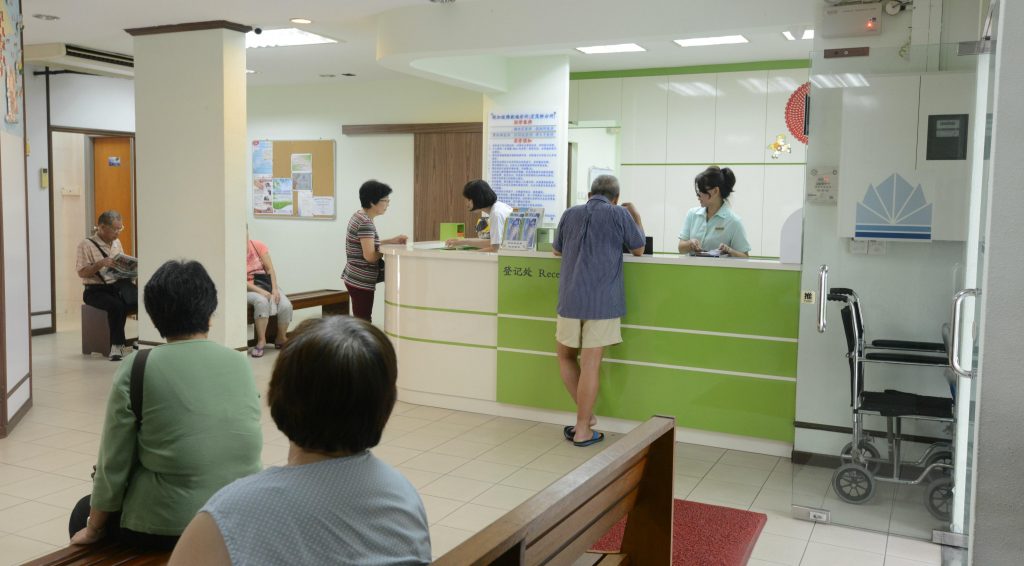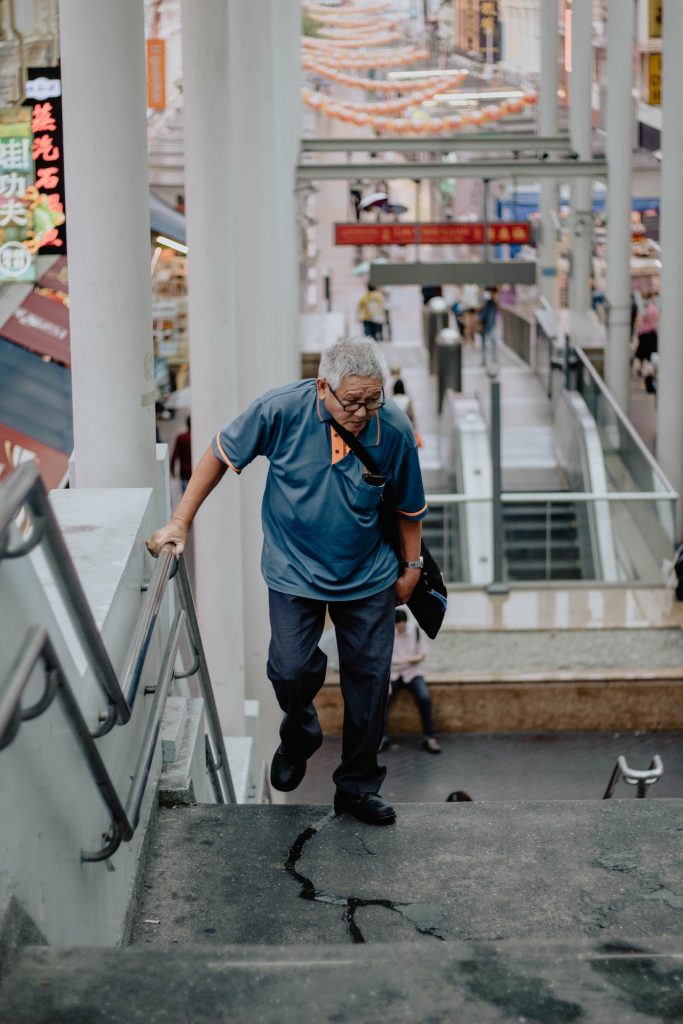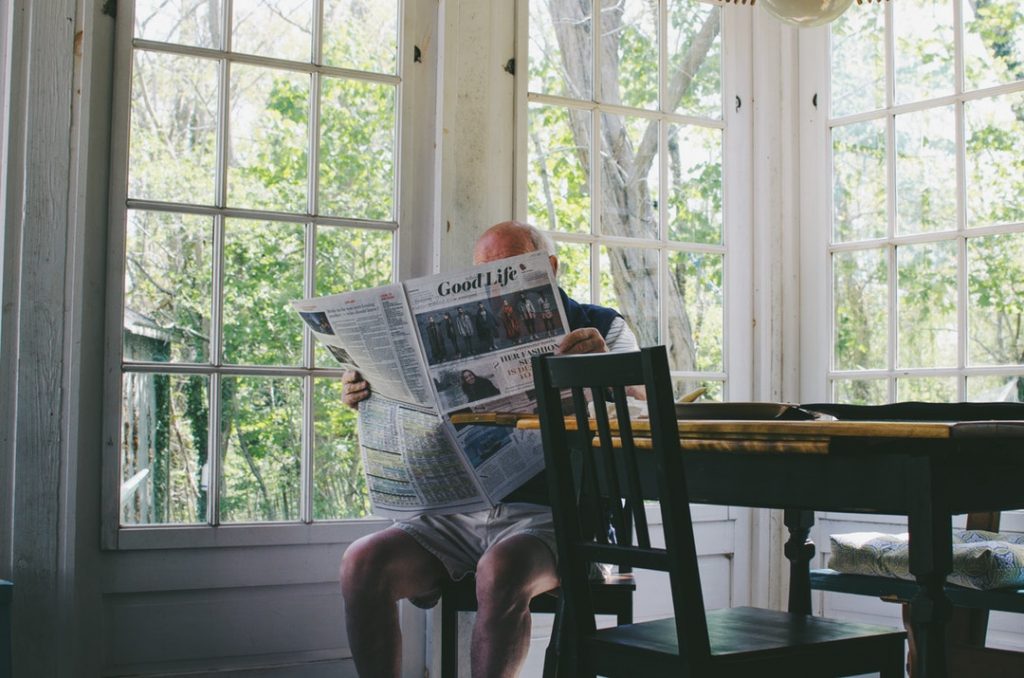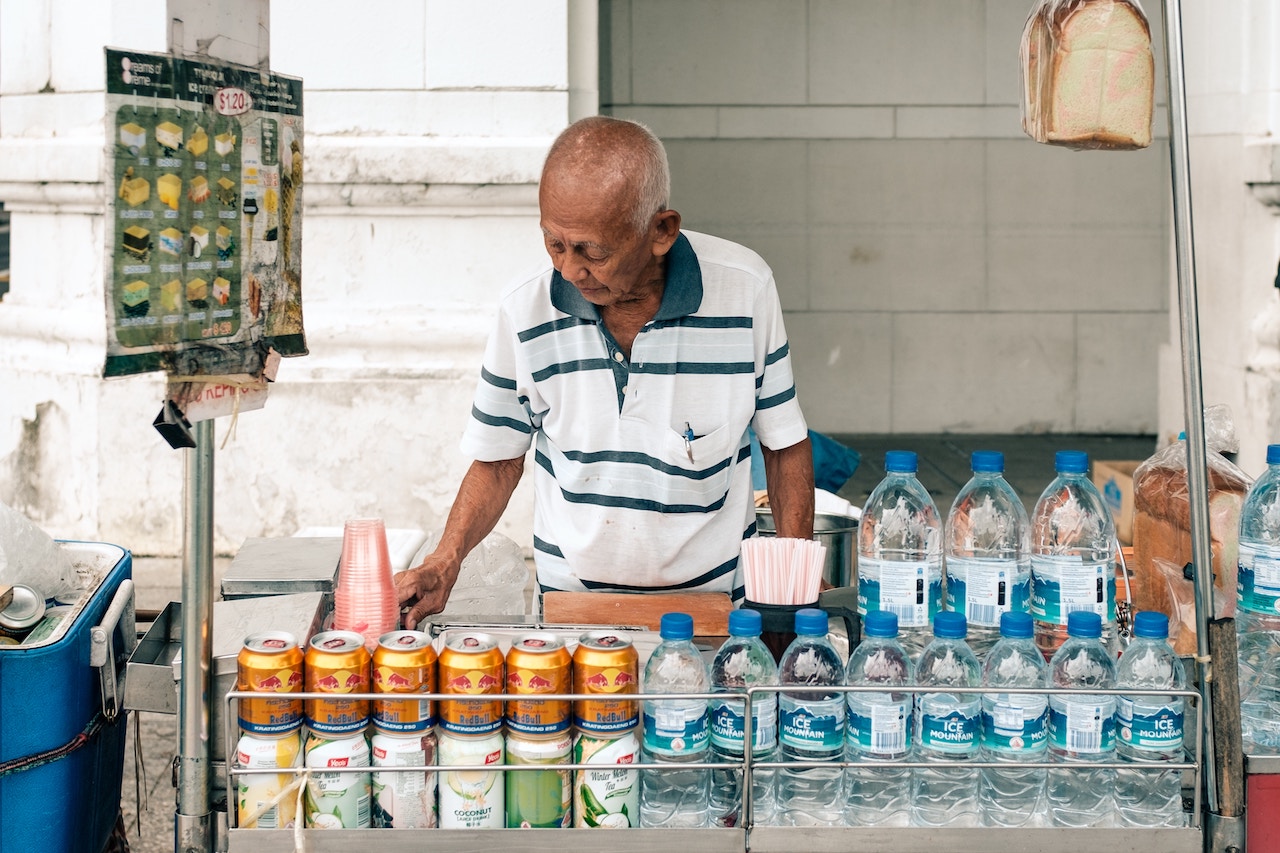This article has been revised on 3 June 2019 to include a hyperlink to a study that was mentioned.
A two-year study led by the Lee Kuan Yew School of Public Policy found that the basic monthly household budget of an older person in Singapore ranged between $1,379 for single-person households and $2,351 for a household with a couple.
To generate these figures, the researchers conducted thorough focus group discussions which involved more than 100 participants from diverse backgrounds. Participants were tasked to generate a list of items and services that were determined a “basic need” by common consensus, and the researchers totalled up the costs.
1) This is a groundbreaking study and the first of its kind to be conducted locally.
2) The survey was specifically designed to accurately reflect the real, lived experiences and values of older persons in Singapore.
3) It generated precise figures, which can be used as a benchmark to assess if the needs of the most vulnerable elderly are being met. They have direct applicability for government policy.
Yet there are certain perspectives that seem lacking from the current discourse. A lot of the conversation seems to revolve around the specifics: the actual numbers that were cited, and the hot contestation of specific items that were included, such as smartphones and an annual vacation.
What some people miss is that other than measuring the basic material needs of a senior person in Singapore, this study also seeks to quantify their immaterial needs—their desire for social interaction, independence, and choice, just to name a few.

“A basic standard of living in Singapore is about, but more than just, housing, food, and clothing. It is about having opportunities to education, employment, and work-life balance, as well as access to healthcare. It enables a sense of belonging, respect, security, and independence. It also includes choices to participate in social activities, and the freedom to engage in one’s cultural and religious practices.”
Evidently, this definition probes us to consider “a basic standard of living” beyond mere subsistence. Instead, we should think about how we can ensure that the older generation of Singaporeans can meet a minimum quality of living, and not surviving.
Going back to the aforementioned controversial items, we then need to consider them in the context of this study’s definition. These items contain an intangible value that runs deeper than their superficial purposes.
As for why they believed an annual holiday was necessary, the participants deemed it mentally healthy to get away from the hustle and bustle of city life once in a while.
Instead of baulking at the supposed frivolity of these items, we should look deeper and consider the implications. A simple thing like a mobile phone can reflect deep-seated anxiety that the elderly have over their declining health. It can also simultaneously illuminate a quiet desire to maintain personal autonomy and mobility even as they enter their sunset years.

Undoubtedly, some of these anxieties could be eased through increased financial support for covering healthcare expenses, perhaps through the beefing up of current schemes and subsidies for the aged. The researchers even implied as such when they briefly contrasted the local survey with a similar study conducted in the UK, reflecting that older people there did not nearly express as much concern over this issue since National Health Service provides them with almost-free healthcare.
In beginning to collectively address it, let’s resist the temptation in thinking of money as the sole solution to all their problems. I understand that one of the main purposes of the study is to assign a numeric value to the immaterial needs of the elderly, but ironically I think we need to consider how many of these needs may not be as readily addressed through monetary means. For example, merely easing some of the financial burden of healthcare costs does not truly address the existential angst or loneliness that humans experience in the face of sickness and old age. These perennial anxieties simply cannot be so readily or easily addressed.

Additionally, the inevitable loss of close friends or even spouses can provoke spirals into depressive states for many seniors.
In fact, according to a study conducted by the National University of Singapore’s Yong Loo Lin School of Medicine, one in five elderly persons in Singapore aged 75 and above show signs of depression, and only about 12 percent of them seek professional help.
In the long run, this means not only relooking current social support, such as ComCare Long-Term Assistance (as well as a slew of other schemes), but also directing more attention towards mental health outreach and community support.






